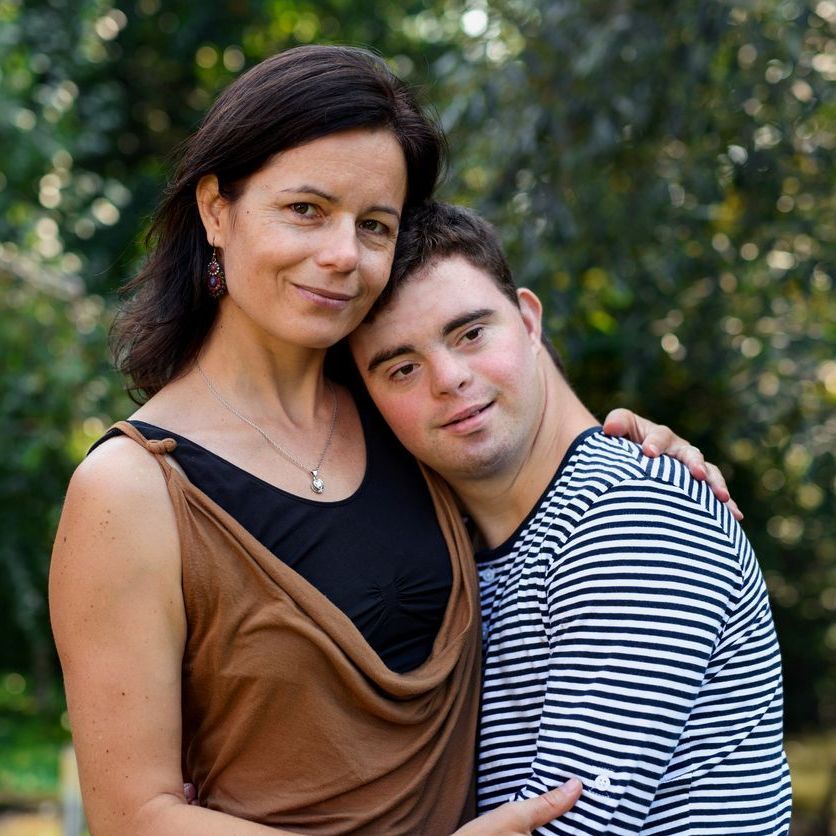What Are Disabled Adult Child Benefits?

Some of the most heartbreaking calls that I receive are from parents with disabled children who are either reaching adulthood or have already become adults. The common concerns are: what happens to my child when I die; who will take care of them; and how will they be able to financially survive? Unfortunately, not every parent has the means to have life insurances, trust provisions, or enough savings in place to take care of that adult child after their death. And while Supplemental Security Income (SSI) may be an option for those disabled adult children, will it be enough? Will Medicaid that comes with an SSI benefit be enough health coverage to take care of their healthcare needs?
Most disabled children under the age of 18 are generally only eligible for Supplemental Security Income (SSI) benefits if they meet the guidelines of the means test- financial guidelines that consider assets and income of the household. If SSI benefits continue after the 18th birthday, the adult child should check to see if benefits may be payable on a parent's earnings record. Higher benefits might be payable, and entitlement to Medicare may be possible.
Unlike SSI, Disabled Adult Child (DAC) benefits are not subject to the means test, but rather rely on the parent’s work record. Typically, the average adult receiving disability benefits has worked long enough to receive insured status under the Social Security Disability Insurance (SSDI) program. However, an adult who becomes disabled before turning 22 can also qualify for SSDI if he has a parent who meets certain qualifications.
The adult child—including an adopted child, or, in some cases, a stepchild, grandchild, or step grandchild—must be unmarried and age 18 or older. An adult disabled before age 22 may be eligible for DAC benefits if a parent is deceased, starts receiving Social Security retirement benefits, or Social Security Disability Insurance benefits. This is considered a DAC benefit, because it is paid on a parent's Social Security earnings record. No benefits through SSDI would be payable on the record of a parent who never worked.
First, the disabled adult child, a person with a disability that manifested itself before age 22, must be disabled according to the SSA's adult disability standards. Second, the disability must have occurred before the potential beneficiary turned 22. Third, the potential beneficiary's parent must have paid into the Social Security system for the required number of quarters. Finally, and most importantly, the potential beneficiary's parent must be either deceased, drawing SSDI, or receiving Social Security retirement benefits.
If an adult disabled child and his parent meet all of these qualifications, then the adult disabled child should be able to receive a substantial benefit, often greater than an SSI award. On top of the monetary gain, the child does not have to worry about his own unearned income or assets, since SSDI does not take these into account. However, if an adult disabled child earns enough income through employment, the SSA may determine that he is no longer disabled and cancel his SSDI benefits. An adult disabled child who is working must not have substantial earnings. In 2024, this means working and earning more than $1,550 a month.
The parent's own retirement benefits are not affected by their child's receipt of SSDI, and the child can still qualify for SSI benefits if his SSDI payments, which count as unearned income for SSI purposes, do not disqualify him.
Parents who have not begun to receive their own Social Security income but who think that their child may qualify for SSDI in the future may want to have their child screened by the Social Security system for his disability before he reaches age 22. If this is not possible, it pays to have the child's physician clearly document all of the information surrounding the child's disability from as early an age as possible. This way, when the parent does retire, die, or become disabled, the child has a long record showing the presence of the disabling condition before he turned 22, making the SSDI application easier.
If he receives benefits as a disabled adult child, the benefits generally end if he gets married. However, some marriages (for example, to another disabled adult child) are considered protected. The rules vary depending on the situation.
Most people who have a serious disability before turning 22 are not usually able to obtain enough work credits to qualify for SSDI on their own. However, sometimes that disabled adult child has worked and attained insured status on his own record but may be entitled to higher benefits on a parent's record. An adult child already receiving disability benefits should still check to see if benefits may be at a higher rate on a parent's earnings record.
The disability process can be a very difficult and lengthy process. With your health crisis, you are dealing with enough; let me fight this battle for you. Contact the Law Office of Jennifer L. Foster, PLLC at 1-833-543-0888 to discuss which legal strategies will get you the benefits you deserve.
The information in this article is for general information purposes only. Nothing in this article should be taken as legal advice for any individual case or situation. This information is not intended to create, and receipt or viewing does not constitute, an attorney-client relationship.


